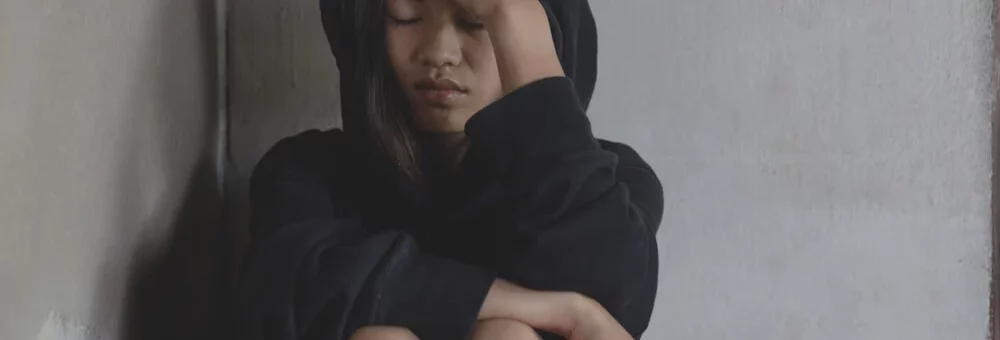
How Long do Withdrawals Last?
Legacy Healing Center Blog
Withdrawals after stopping drugs or alcohol can have various lengths.
How long do withdrawals last after the cessation of drugs or alcohol? The answer is determined by the substance abused, biology, and other factors.
Once you have developed a dependence on a substance, you may begin to experience withdrawal symptoms when the substance is stopped. Depending on the drug used, withdrawal can last from days to weeks and can bring about a wide variety of symptoms.
These physical withdrawal symptoms can range from mild discomfort to life-threatening symptoms. To be on the safe side, it is always best to go through the withdrawal process at a drug rehab center where you are treated by medical experts who are experienced in addiction.
Through medicinal interventions and alternative therapies, the medical team can help make you more comfortable during withdrawal. But physical symptoms aren’t the only type of symptoms you may have.
Psychological symptoms can occur and they might last longer than physical symptoms because the brain becomes dependent on the substance that is abused and stops working normally to compensate for the added chemicals.
It can take a longer time for the brain to return to normal, and in severe cases, the brain may never recover. This is why it is imperative to seek help as soon as possible once an addiction starts.
If you or someone you love needs help with addiction, call 954-994-2965 today to speak with a treatment specialist.
Withdrawal Symptoms
So how long do withdrawals last? An exact time frame is difficult to come up with as withdrawal symptoms are also impacted by other factors, including:
• The severity of the addiction
• The amount used each time
• The method of use (injecting, smoking, snorting, etc.)
• Physical and psychological health factors, genetics
• Type of substance used
• Family history
Opioid drugs, including heroin, are considered highly addictive. Heroin has the shortest shelf-life of opioid drugs and leaves the body quicker but withdrawal symptoms start earlier too.
Opioid withdrawal symptoms include insomnia, muscle aches, and spasms, anxiety, nausea, vomiting, sweating, chills, depression, diarrhea, stomach cramps, shaking.
Opioid withdrawal usually begins between 6 to 12 hours after cessation of the drug, and peaks between the first and third day. Symptoms should begin to subside after 1 week but can persist for months or years after cessation.
Alcohol abuse affects the brain and nervous system, which both enter into a highly agitated state when alcohol consumption is stopped. Alcohol withdrawal can cause life-threatening symptoms, and should never be stopped without medical assistance.
Symptoms include nausea, vomiting, anxiety, high blood pressure, rapid heartbeat, confusion, paranoia, night terrors, hallucinations, panic attacks, delirium tremors, coma, death. Withdrawal symptoms can begin about 6 hours after the last drink, and peak about the first to the third day. Symptoms may start to taper off about the fifth to the seventh day but can continue for a few more weeks.
Cocaine is a dangerous stimulant that can severely impact the brain and body. Cocaine withdrawal symptoms can include fatigue, restless behavior, agitation, depression, malaise, increased appetite, unpleasant dreams, difficulty concentrating, chills, tremors, muscle aches, nerve pain, mood swings, motor impairment, cocaine craving, depression, paranoia, suicidal thoughts or actions.
Cocaine withdrawal symptoms can start 6 hours after cessation and peak by the seventh day, then start to decline. Symptoms like cocaine craving can continue for months after cessation.
Each drug has its own unique chemical effects on the brain and body, causing dependence on those particular chemicals.
When the drug is stopped, the body tries to compensate and balance itself from the loss of the chemicals it became dependent on. As the brain and body struggle to find balance, withdrawal symptoms begin to emerge and can cause havoc on the addict.
Having a medically supervised detox process in a drug rehab is the safest way to get off of drugs or alcohol. If you have a drug addiction and want to quit, you can find a safe haven at Legacy Healing Center.
We provide a medically supervised detox process to wean you off of drugs or alcohol and teach you how to live a victorious life addiction-free. To learn more about what we offer, contact Legacy Healing Center today at 954-994-2965.
